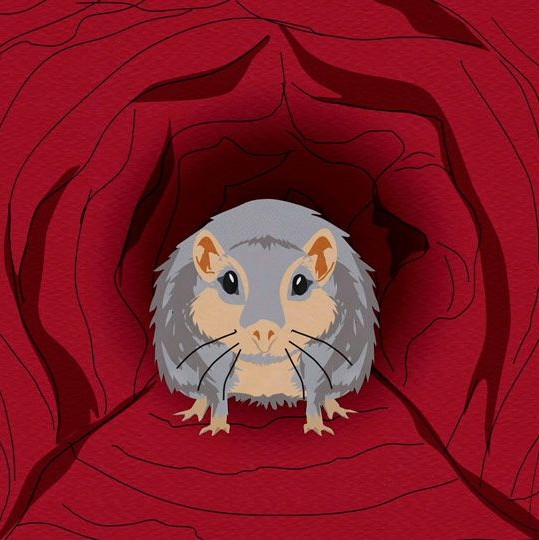Researchers from The University of Queensland and Harvard Medical School, in a collaborative global study, have discovered that one in two people will develop a mental health disorder in their lifetime. Professors John McGrath of UQ’s Queensland Brain Institute and Ronald Kessler of Harvard Medic
Me: Finally ahead of the game
Honestly, I think this has always been the case, we are just getting better at detecting and diagnosing things. Autism was only first diagnosed in 1943, Bipolar in 1952, Anxiety disorders in 1980.
40 years ago it would have been: “Greg can be a bit moody sometimes”; turns out he’d been living with undiagnosed bipolar disorder his entire life. “Charlie is a bit strange, quiet kid, but does alright in school”; well Charlie had undiagnosed autism.
Turns out when you get better at looking for things, you find more of them. (To a certain point.)
Exactly. Can you imagine expecting to go through life and never have a physical ailment? Why would you expect that you’d never have a mental one? Normalizing mental health issues and their treatment is vital for a healthy society.
This and also the damage of the internet era’s speed and manipulation of the average person.
Is this an increase in mental health disorders being developed or are we just getting better at defining and diagnosing these disorders?
Yes
Agreed
Its more like and rather than or. False dichotomy.
So that explains how Convicted Sex Offender Treason Trump got elected.
Nope. Old people are the ones who vote in large enough population to elect people. The people who elected Trump suffer from lead poisoning thanks to being alive for the longest leaded gas period.
That is a huge number. Very concerning.
100% of people get physical health disorders. I would guess that we are just getting better at recognizing and diagnosing mental health disorders (finally) rather than there being an increase.
😢
Capitalists: “it’s not a bug, it’s a feature”











